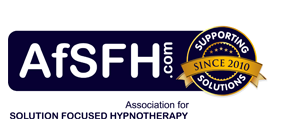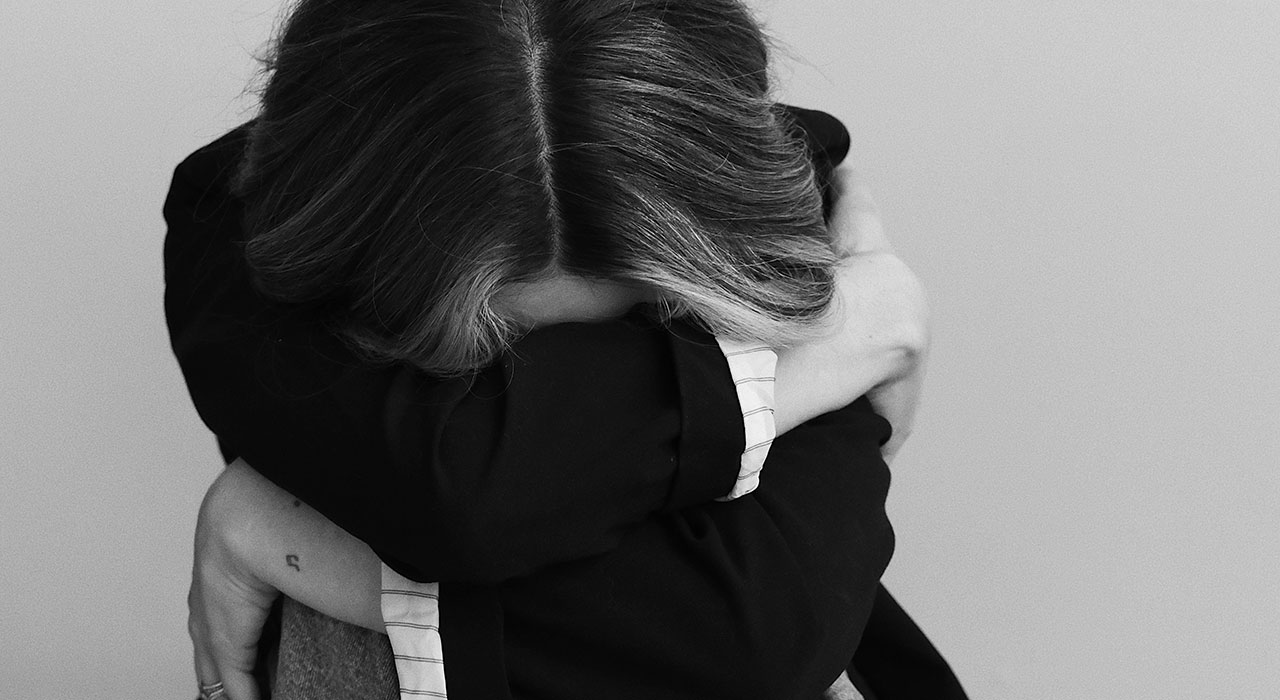Anxiety is a stress response, a natural and necessary reaction that everyone experiences at times, and it’s there to keep us safe and ensure our survival. It is activated by the primitive emotional part of the brain, which is like a data collector, holding all our previous experiences and patterns of behaviour. This part of the brain has no conscious awareness and works with implicit memory: pattern matching to our past experiences without thinking about them.
So, you come across a threat (turning a street corner, a polar bear is suddenly blocking your path!) and in a nanosecond a cascade of events races through your body to instantaneously fire up all the emergency systems: your heart races, your breathing quickens, you break out in a sweat, your pupils dilate… This is the fight-or-flight response, and you are high on adrenaline!
Then, half a second later the thinking part of your brain catches up and you realise it’s just a cardboard cut-out of a polar bear! Everything is fine, you tell yourself there’s no need to feel anxious, you can now relax. You might even see the humour in the situation! But it’s too late – the stress hormones have already been released and your body is primed to fight back or flee. It is no longer just a predicament for your brain, it is also a predicament for your body.
Now if we replace that polar bear with news about COVID, financial worries, an argument with a friend, social media pressures, or running late due to traffic, the way the primitive brain causes us to react is the same. Willpower and logic from the intellectual, thinking part of the brain is not enough to take control over the subconscious survival reactions that have kicked in. And the more stimulated that primitive brain becomes, the more it is primed to look for danger. Things can spiral out of control and our thinking brain loses power. Those feelings of anxiety can become constant, overwhelming, and out of proportion to the situation: we have lost control!
The power of imagination
An important thing to know is that the primitive part of the brain can’t tell the difference between what is real and what is imagined. If, for example, you were to find yourself thinking negatively about an upcoming interview (overplaying, and focusing on, all the things that could go wrong), your anxiety response will start to activate. It might start slowly, but the more you think negatively, the more it will build. And, if the negative “pattern” around that interview becomes embedded in the primitive brain, this anxiety response will kick in at the interview: before you are consciously aware of what is happening, you’re stuck in fight-or-flight mode.
Thankfully, we can also use this aspect of the primitive brain to our advantage. Using the power of the imagination, we can lay down positive patterns of thinking to overcome fears and phobias. This is known as “reframing” in hypnotherapy and can also be used to help with confidence and performance.
The two-sided approach
Tackling anxiety from the top down
We need to take control to the conscious, thinking part of our brain. When we are operating from here, we can keep the primitive part of the brain in check and allow it to do its job when real dangers (those pesky polar bears) present themselves. When we are able to hold that rational control, our thinking doesn’t spiral down those negative rabbit holes, and we can work on finding positive solutions to navigate our way through life.
One of the ways we can do this is by producing serotonin. Serotonin regulates anxiety, happiness, and mood, and keeps us rooted in the rational, thinking part of the brain. We produce serotonin when we focus on the positive things in life, when we interact positively with friends and family, and by doing things we enjoy.
Sleep also plays an important part in regulating anxiety levels. During sleep we process our day’s thoughts and experiences, which get moved from the short-term memory store in the primitive, emotional part of the brain, to the storage centre of the upper cortex. This is why, after a good night’s sleep, an issue that may have seemed like “the end of the world” can be seen from a more rational perspective the next morning. But if we are not getting the sleep we need, this processing can’t take place, and the next day we are not able to see things more clearly from the thinking brain, and the spiral continues.
Tackling anxiety from the bottom up
Although we can work on taking control of the way we think, once that fight-or-flight response is activated, we also need to work with the body: we need to regulate the nervous system, use up the adrenaline, and help the body to relax. Some ways we can do this are:
- Cardiovascular exercise: if adrenaline levels are high, we need to burn off some of that energy before the other techniques that we can use to calm the body can become effective. Have you ever started shaking uncontrollably after a very stressful situation? This is the body burning off the adrenaline.
- Breathing techniques help to activate the parasympathetic nervous system, which is responsible for bringing the body back to a state of rest. Sighing is actually the fastest way to activate the parasympathetic nervous system, which is why we naturally sigh when things become stressful.
- Mindfulness and grounding techniques: bringing yourself into the present moment, noticing your surroundings, activating your senses (focusing on the contact between your feet and the ground, for example) all help with relaxation and recovery.
How Solution Focused Hypnotherapy can help
Solution Focused Hypnotherapy works from both aspects: it will help you to take control to the thinking part of your brain, so you’re in a position to manage your primitive emotional brain better; and it will also work with relaxing the tension and trauma that can get stuck in the body and which is keeping you primed for that fight-or-flight response. It will get your subconscious mind on board with what you want to achieve so that you can take control of unwanted and unhelpful patterns of thinking and behaviour.
Larissa Bellotte
Phone: 07787 545314
Website: https://www.seascapehypnotherapy.com
Email: larissa@seascapehypnotherapy.com
Facebook: https://www.facebook.com/seascapehypno
Instagram: https://instagram.com/seascape_hypnotherapy

